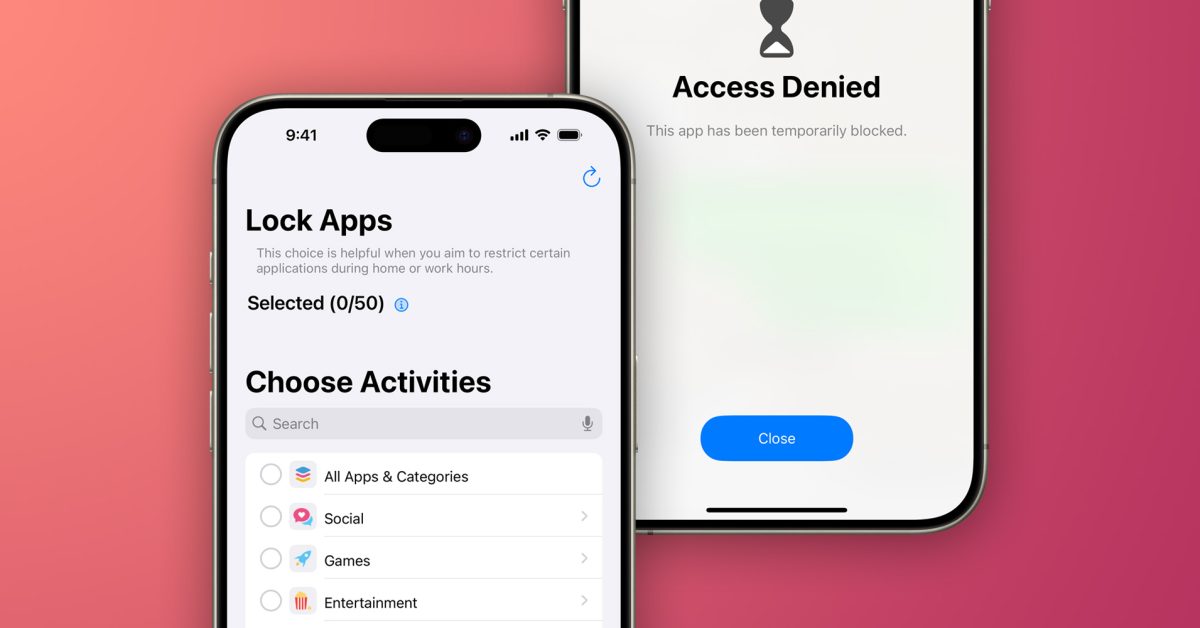
After failing for almost a decade to convince Apple to ditch Google and set Bing as Safari’s default search engine, Microsoft quietly changed tactics and offered to sell Bing to Apple in 2018, unsealed court documents showed Friday, confirming a Bloomberg report from last year.
According to Google’s post-trial brief filed in the US Department of Justice’s antitrust lawsuit against the search giant, Microsoft in 2018 dangled perhaps its best offer to Apple: Either “sell Bing to Apple or enter into a joint venture regarding Bing.”
Microsoft seemingly hoped it could tempt Apple into partnering up by promising Bing’s search quality had drastically improved, but the proposed deal didn’t make it past the conversation stage. Apple rejected the 2018 offer after concluding “that Bing’s search quality had failed to improve and that little credence should be given to Microsoft’s representation of improved quality,” Google’s brief said.
Apple’s senior vice president of services, Eddy Cue—considered one of the antitrust trial’s star witnesses—testified that the 2018 deal was no good, Google’s brief said.
“Microsoft search quality, their investment in search, everything was not significant at all,” Cue said. “And so everything was lower. So the search quality itself wasn’t as good. They weren’t investing at any level comparable to Google or to what Microsoft could invest in. And their advertising organization and how they monetize was not very good, either.”
At the trial, Cue also testified that Apple had also briefly considered building its own search engine. What perhaps stopped Apple from building its own search engine or purchasing Bing was “that Google continued to have a strong lead in search relevance,” Google’s brief said.
Google retained this lead despite Microsoft investing “nearly $100 billion in Bing” over two decades, the DOJ’s brief said, which the US government considered a troubling barrier to entry in the general search market.
In 2020, just as the Safari deal fell under DOJ antitrust scrutiny, Microsoft continued to push Apple to replace Google with Bing for default search on Safari, hoping that investing billions to control the default would help Bing improve search results and expand its 5 percent search market share. But Google defended its default placement, fearing that losing the Safari deal would cause billions in losses—the precise amount redacted in the DOJ’s filing.
Ultimately, it proved impossible for Microsoft to edge out Google, partly because “some elements of Google’s search engine are trained on 13 months of data—a volume that would take Bing over 17 years to accumulate,” the DOJ’s filing said. Apple similarly shut down its own efforts to launch a rival search engine because it would require years of long-term investments. To Apple, it was seemingly a no-brainer to maintain the Safari deal and keep taking billions from Google instead.
The DOJ has argued that Google’s deal with Apple—valued at $26 billion in 2021—helped to build a “moat around Google’s monopoly” by blocking any meaningful new entrants in the general search market. This alleged monopoly, the DOJ claimed, has kept Google from improving its own search quality, only doing so when competitors like Bing started to get ahead. This means that Google can afford to spend years providing slower and less accurate results, the DOJ alleged, without losing its market dominance.
At the antitrust trial, Google CEO Sundar Pichai explained that Google pays Apple 36 percent of its search advertising revenue from Safari to keep its search engine set as the default in Apple’s browser because default placements can be “very valuable.”
“We know that making it the default will lead to increased usage of our products and services, particularly Google search in this case,” Pichai said. “So there is clear value in that, and that’s what we were looking for.”
In 2018, it was estimated that Apple was paid between $3 billion and $9 billion from its deal with Google. These licensing fees helped fund Apple’s investments in its own services that generated the company’s then-best quarter ever, $10 billion in revenue. At that time, Apple CEO Tim Cook defended the Safari deal with Google as Apple choosing the best search engine for the best user experience, which remains Google’s primary defense against monopoly accusations. According to Google, Microsoft simply failed to invest and innovate in search as Google has.
“In sum, Google has won the competition to be the preset default on the Safari and Firefox browsers based solely on Google’s superior product quality and monetization,” Google’s brief said.
The Safari deal appears to be working out well for Apple, which presumably does not regret declining to purchase Bing in 2018. In the first quarter of 2024, Statista estimated that Apple generated $23 billion in services revenue, besting its $22 billion record quarter at the end of 2023.
The ruling in the DOJ’s antitrust case over Google’s search empire is expected to come late this year, The Wall Street Journal reported, with closing arguments scheduled for May. If the DOJ wins, Google may have to break up its search business, perhaps even being forced to break off its Chrome browser or Android operating system into separate businesses, The New York Times reported.




